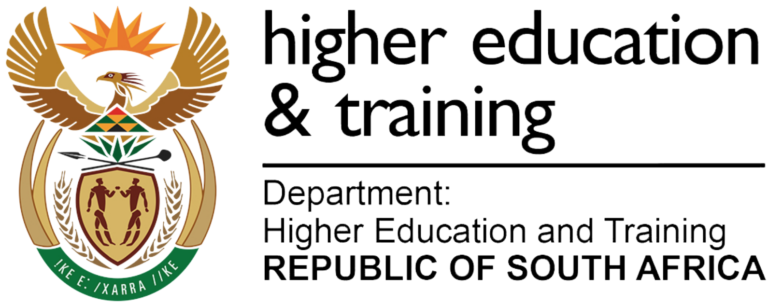 2015 “First Things First” launched with on-site MMC, intra-dermal contraceptive implants and purple-coloured grape-scented condoms
2015 “First Things First” launched with on-site MMC, intra-dermal contraceptive implants and purple-coloured grape-scented condoms
A day-long health festival held at the South West Gauteng TVET College on the 12th of March 2015 marked the fifth annual national launch of the First Things First health programme for students and others in the higher education and training sector.
The festival featured Health Minister Dr Aaron Motsoaledi performing a medical male circumcision (MMC) and equipping women with long-acting intra-dermal contraceptive implants.
Deputy Minister of Higher Education and Training Mduduzi Manana led the charge for combination prevention of HIV, STIs and TB. He made the link between the health of students and the number of successful graduates who complete their courses each year.
But the highlight of the day was the introduction of the coloured and scented condoms to the student population.
Dr Motsoaledi said: “Today’s re-launch represents a very important occasion – in addition to HCT and MMC, we are also launching for the first time in South Africa, the coloured and scented male condoms in the public sector. You will recall that I announced last year that government will be rebranding the Choice condom in our effort to increase condom use.”
Young South Africans – especially women – are at an especially high risk of contracting HIV.
“It is also timely to announce that the HEAIDS First Things First programme now offers a comprehensive package of services aimed towards mitigating other pandemics including TB, STIs, preventing teenage pregnancy, reducing gender based violence and addressing various other aspects of health and wellness,” said Mr. Manana as he interacted with students, college and provincial leaders and partners.
“As a department we are encouraging the entire education sector to embrace the campaign. Since the commencement of this campaign within the TVET sector, large numbers of learners have tested positive. However, this picture is not gloomy but gives an opportunity for better planning by the Government and our partners to provide workable solutions. The HEAIDS programme will ensure that pre- and post-counselling as well as relevant support are provided for those who have tested positive. But I encourage those who have tested negative to remain negative,” said Mr Manana.
Equally important for young women is that government is now providing intra-dermal implants which release contraception over a three-year period, making it much easier to prevent unplanned pregnancy.
“The implant is a long-acting contraceptive which is more convenient as it lasts for three years. So please take this opportunity to get the implant – it will help to ensure that pregnancy does not interrupt your studies. But again, let me emphasise dual protection. Always use a condom even when you are using other contraceptive methods,” Dr Motsoaledi explained to young female students who participated in the promotion of these implants.
Following the launch of the 2015 First Things First at the South West Gauteng College, the programme will be activated across 429 campuses within all public TVETs and universities to reach out to a student population of two million.
“Last year, First Things First reached a critical milestone. We helped 100 000 young people learn their HIV status and use this as a stepping stone for protecting their health since they also received screening and if needed treatment for other STIs and TB,” said Dr Ramneek Ahluwalia, director of the Higher Education and Training HIV/AIDS Programme (HEAIDS). “A comprehensive package of health services that also includes contraception, the screening for cancer and other lifestyle diseases will now be available to students at their doorstep through First Things First.”
HEAIDS is a national collaboration that is devoted to promoting education and awareness of HIV and other related health and social factors that set back progress by young people. Championed by the Department of Higher Education and Training, HEAIDS ensures that information and access to products such as condoms and services for testing, prevention and treatment are available within the higher education and training sector.
“We are delighted that so many students and young people from Soweto and across the province heard our call and have come to take ownership of their health and future.
“Being part of campus life and building skills and knowledge enable young people to contribute to South Africa’s progress and success. It also nurtures a protective and safer environment,” said Dr Ahluwalia.


